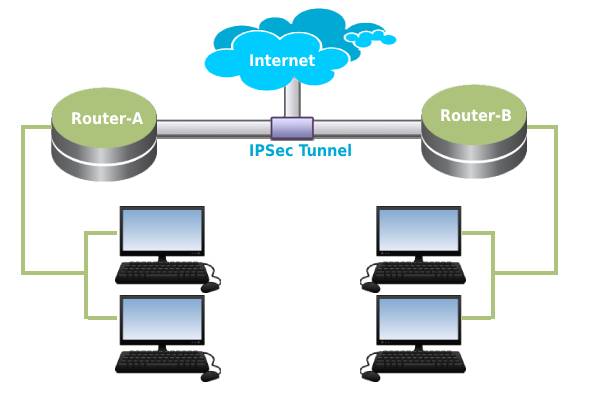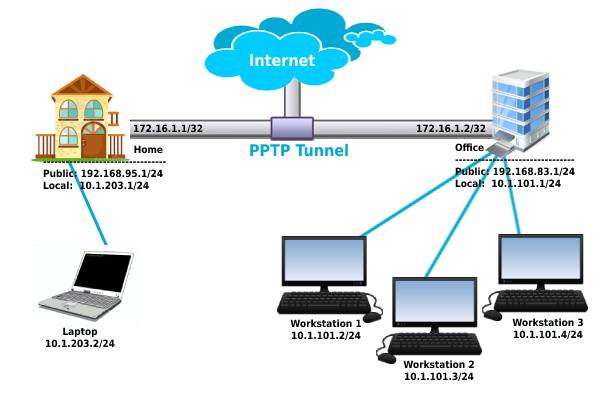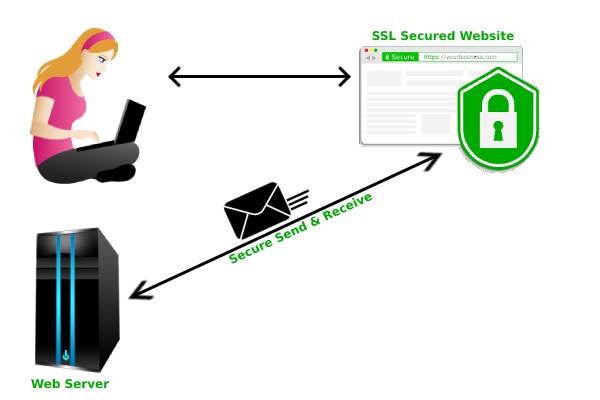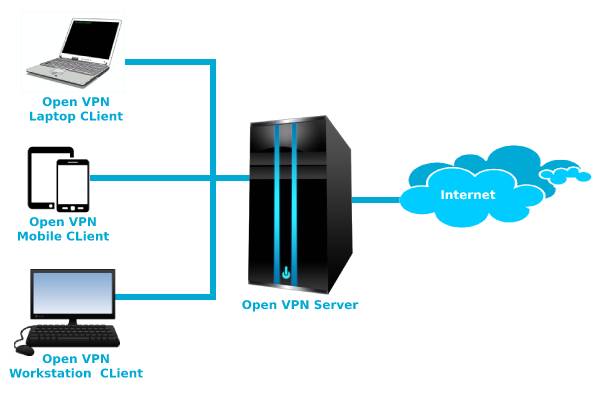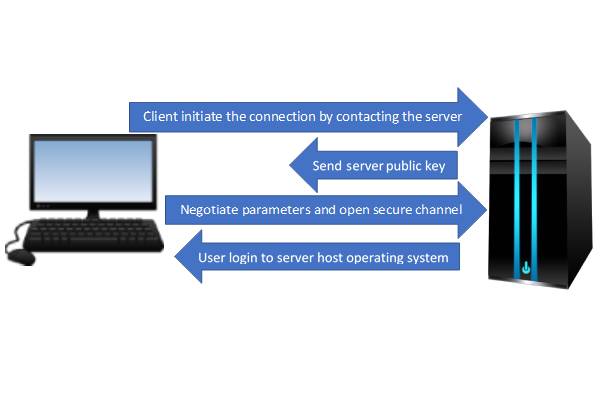Need a certain connection type? We’ve got VPNs for that.
In this guide we are going to undersatnd IPSec VPN, PPTP VPN, SSL/TLS VPN, OpenVPN and SSH PVN in details.
You may know that you need a VPN, but once the discussion turns to protocols you’re a little bit stumped. Or maybe you know exactly what protocol you’re looking for, you just need a VPN service that specializes in it. Either way, we’ve got you covered. And for the best price, too. Let’s look at some protocols.
IPSec VPN – Internet Protocol Security VPN
Used to secure internet connections across an IP network, IPSec VPNs are amongst the most commonly deployed. IPSec is often used to refer to both IKEv2 and Layer 2 Tunneling Protocol (L2TP) VPNs. IPSec operates in two modes: transport and tunneling.
PPTP VPN – Point-to-Point Tunneling
Point-to-Point Tunneling is a protocol that is often used in conjunction with other protocols like IPSec/L2TP, it creates a tunnel – a direct secure connection – between end points, allowing you to appear as if you’re in another location entirely.
SSL/TLS VPN
SSL/TLS creates a secure connection that uses the web browser as the client. This occurs entirely at the application layer and is restricted to specific applications as opposed to the entire network. SSL/TLS is widely used in online shopping to secure payment details and personal information.
OpenVPN
The most widely-recommended VPN protocol of 2019, OpenVPN is an open-source software library much like OpenSSL. It’s widely supported, highly secure and because traffic passing through an OpenVPN connection is almost completely indistinguishable from HTTPS over SSL/TLS traffic, it also offers a higher level of anonymity.
Secure Shell (SSH) VPN
Widely used as a means for remote access, SSH is popular among the business world. By logging into a secure shell, an employee can gain root level access to a network or device, despite being miles away. Best of all, the connection is secure and completely private, meaning anyone can safely log in to the company network at any time.
How do the VPN Protocols Stack Up?
| Metric | IPSec | PPTP | SSL/TLS | OpenVPN | SSH |
|---|---|---|---|---|---|
| Encryption | 256-bit | 128-bit | 128-bit, 256-bit | 160-bit, 256-bit | 128-bit, 256-bit |
| Security | High | Low | Moderate | Very High | Moderate |
| Speed | Moderate | High | Moderate | Very High | Moderate |
| Stability | Stable | Very Stable | Very Stable | Very Stable | Very Stable |
| Compatibility | Ubiquitous | Windows | Ubiquitous | Low Mobile | Ubiquitous |
Other VPN Protocols
There do exist some new and evolving VPN protocols that are worth paying attention to, even if they’re not yet mature enough to proliferate. Here’s a look at some of the VPN protocols that are still baking:
- SoftEther VPN – Originally an academic project at the University of Tsukuba, this open-source multi-protocol VPN software is beginning to gain traction. There are now millions of people around the world using it. Best of all, it’s free. It works with Mac, Linux, Android, Windows – all the major OSs. The biggest issue with SoftEther is it requires a lot of configuration from the user. You generally need to spin it up yourself. For advanced users, that may be OK. For new users, it’s not recommended.
- WireGuard VPN – Another new protocol, WireGuard was developed for optimized performance. Its goal is to be lighter, faster, and leaner than IPSec. It was originally native to Linux but, it’s slowly beginning to support other operating systems, too. It’s the biggest drawback at this point is that it only supports a single cryptographic suite, but that also doubles as a strength because of the design and performance benefits it brings. All that being said, we’re still awaiting its stable release.
- SSTP VPN – This was originally designed exclusively for Microsoft users and introduced on Windows Vista. It’s now been ported over to other operating systems, but it’s maintained and owned entirely by Microsoft. It’s also never been audited by a third party and there are concerns about an NSA backdoor. But its biggest issue is it still really only plays well with Windows.
Have more questions?
If you still aren’t sure about VPN protocols and what you need, don’t worry. We have highly-trained VPN experts waiting by the phone and on our live chat application, ready to answer your questions and point you in the correct direction. So give us a call. You’ll be glad you did.
